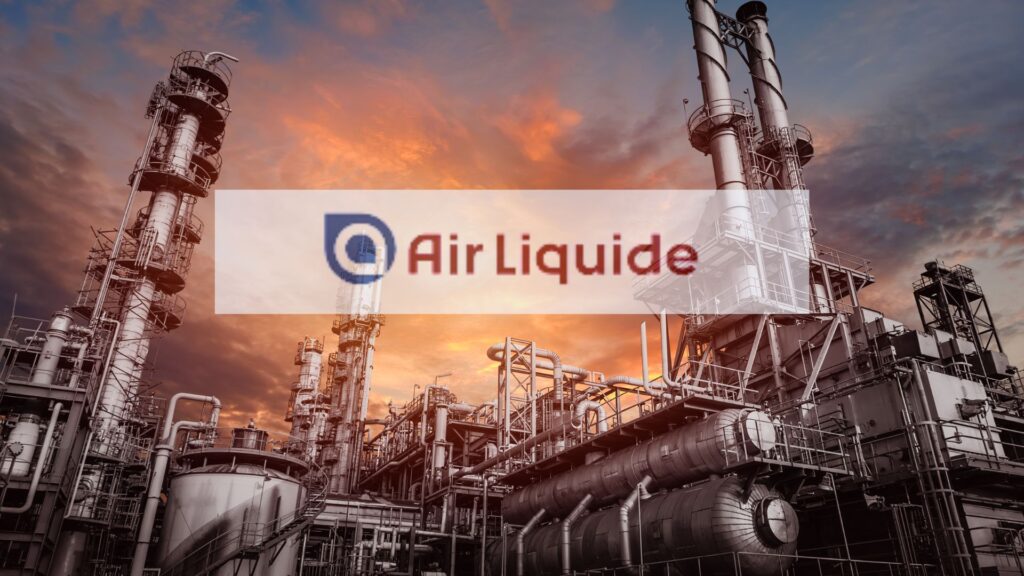Air Liquide Ventures into Fermentation With New Seppic Lab
Air Liquide, renowned for its industrial gas solutions, is taking a significant step forward into the realm of biotechnology. Through its subsidiary Seppic, the company has recently opened a state-of-the-art fermentation biotechnology laboratory at its Innovation Campus in Delaware. This move signifies a strategic expansion from its traditional focus on gases towards more sustainable solutions.
Long-standing as a leader in producing essential gases like oxygen, nitrogen, and hydrogen, Air Liquide has been pivotal in sectors such as healthcare and electronics. However, with global priorities shifting towards sustainability and efficiency, the company’s new biotechnology capabilities underscore its adaptability and commitment to innovation.
Breaking New Ground in Biotechnology
The newly established fermentation lab in Delaware is set to create biobased ingredients for the cosmetics and healthcare industries. Utilizing fermentation technology, the lab aims to produce sustainable ingredients from renewable feedstocks, contrasting sharply with traditional petrochemical methods. This endeavor marks a notable diversification from Air Liquide’s core expertise, highlighting its proactive approach to market demand and sustainability.
Understanding Fermentation Technology
Fermentation technology utilizes microorganisms like bacteria and yeasts to convert organic substrates into valuable biobased compounds. These processes, which can take place in both oxygen-rich and oxygen-deprived environments, yield ingredients such as amino acids and bioactive peptides. These compounds find applications in skincare and healthcare products.
Environmental and Industrial Benefits
Fermentation technology boasts numerous environmental advantages, such as low energy consumption due to mild operating conditions and the use of renewable feedstocks. It minimizes waste and eliminates harmful chemical catalysts, promoting biodiversity by avoiding environmentally detrimental processes.
On the industrial side, fermentation offers high product purity and consistency, scalability across various sectors like pharmaceuticals and cosmetics, and aligns with the increasing global demand for eco-friendly products.
Strategic Fit with Air Liquide’s Vision
This venture aligns perfectly with Air Liquide’s ADVANCE 2025 plan, which prioritizes sustainability and decarbonization. It complements the company’s hydrogen initiatives aimed at offering cleaner alternatives to carbon-intensive processes. With an annual R&D investment of €300 million, this step signifies Air Liquide’s strategic push towards innovative solutions.
Investment and Development Timeline
The Delaware fermentation lab builds on Air Liquide’s US operations established in 2007 and will collaborate with a new research facility in France, expected to open in 2024. The company plans a €45 billion investment between 2022 and 2025, with a focus on hydrogen and sustainable technologies like fermentation.
Practical Applications and Future Potential
In the short term, the lab will help produce eco-friendly ingredients for skincare and health products. Future applications could extend to pharmaceuticals, biofuels, and industrial enzymes, demonstrating Air Liquide’s ability to expand its capabilities while addressing global sustainability challenges.
Air Liquide’s move into fermentation biotechnology is a strategic expansion that aligns with its long-term vision for sustainability. By leveraging its existing expertise and resources, the company is well-positioned to explore adjacent markets with significant potential for growth and sustainability.
Original Story at www.hydrogenfuelnews.com
